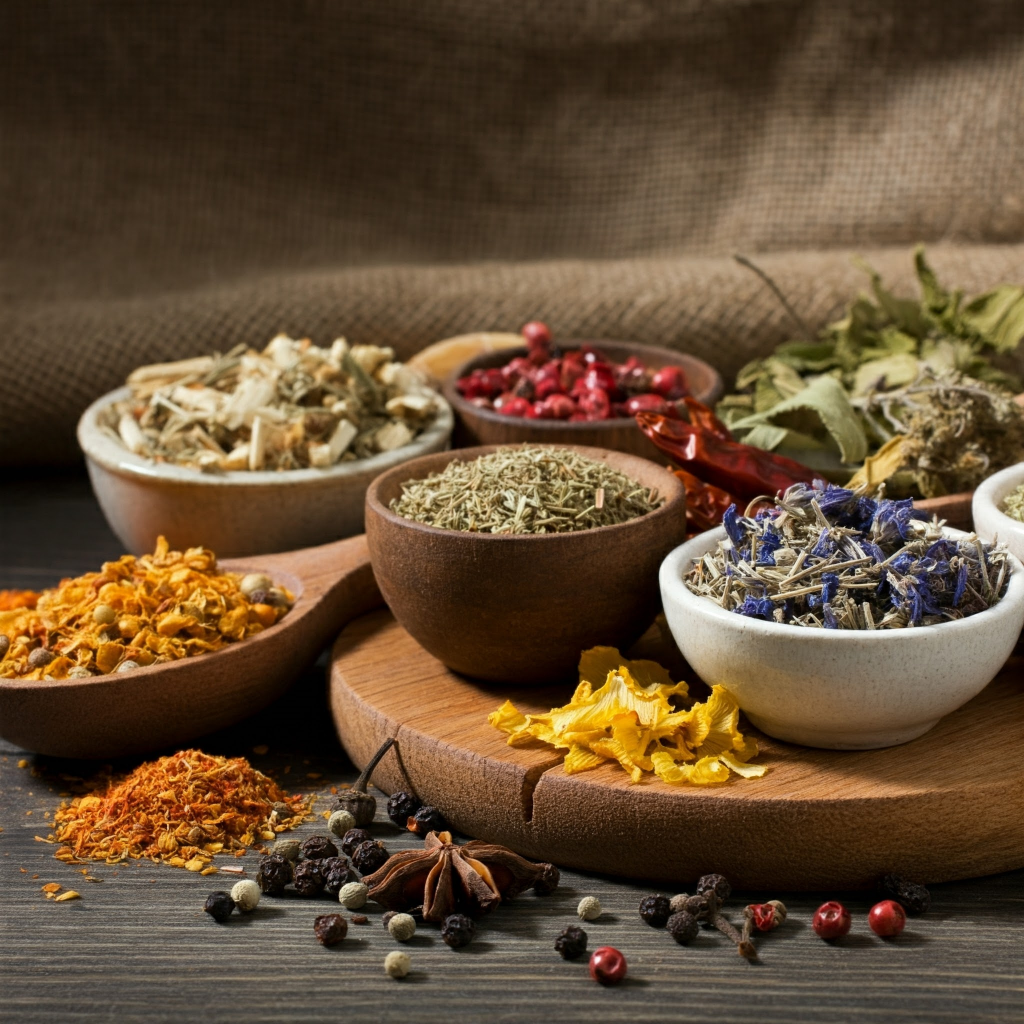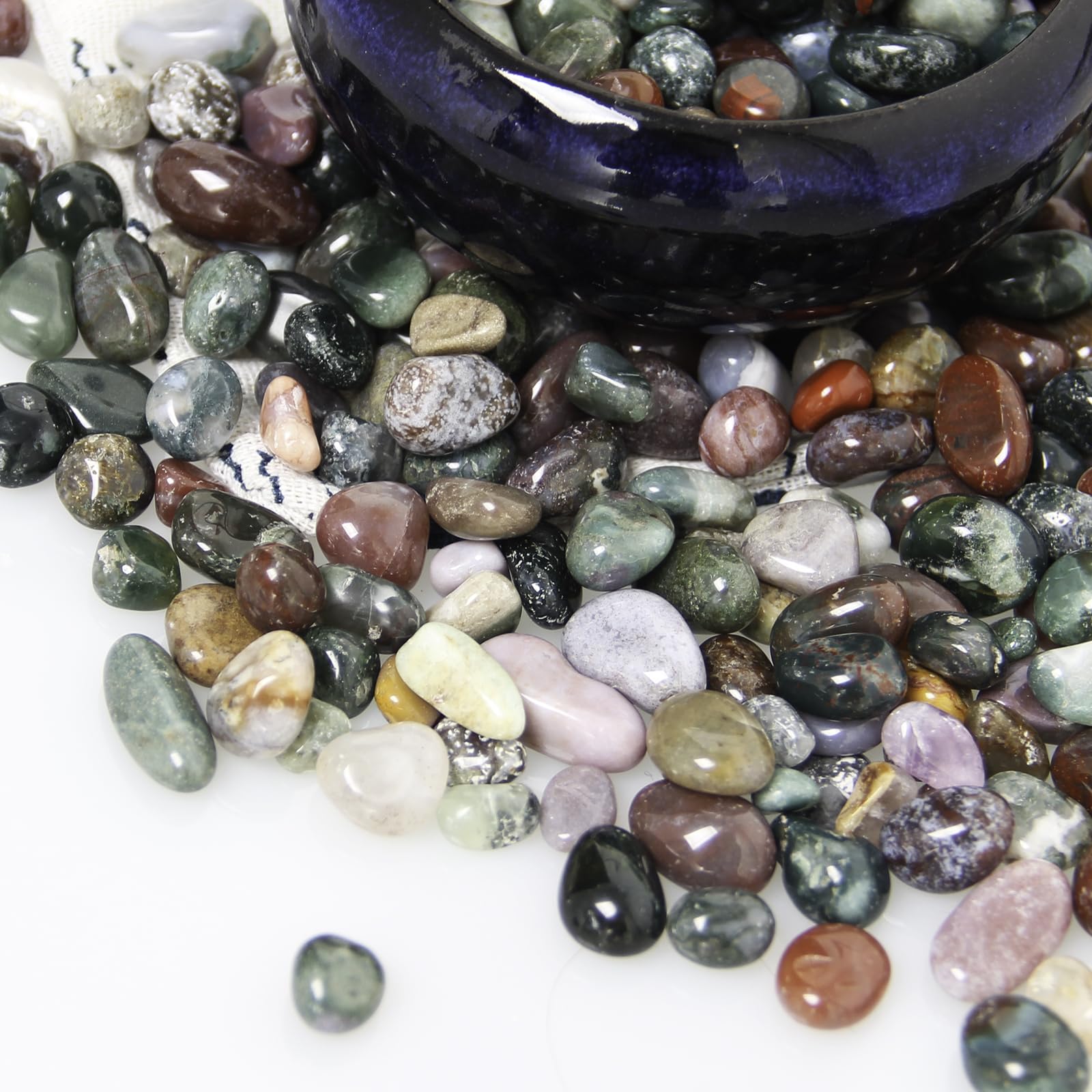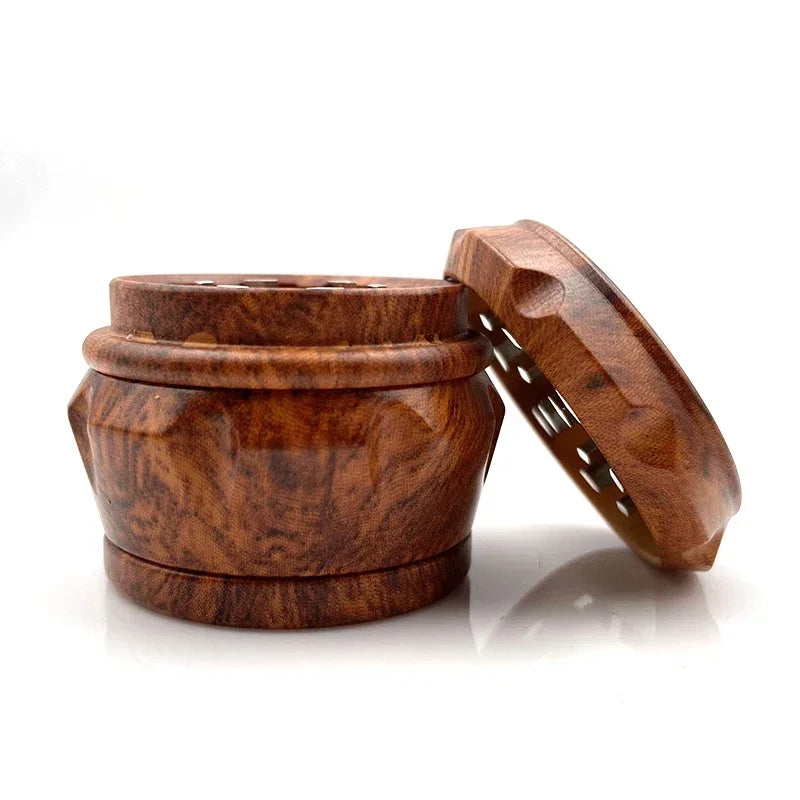0 / 5
(0)0 total reviews
Aconite
Product Type: Herb
SKU: Herb-B0001-003
Vendor: Witchyhour
Have a question?
Share
Guaranteed Safe Checkout
Aconite: A Powerful Plant Demanding Respect
Introduction
Aconite (Aconitum napellus), also known as Wolfsbane or Monkshood, is a strikingly beautiful plant with a dark secret: it is one of the most poisonous plants in the world. Despite its toxicity, aconite has a long and fascinating history of use in magic, folklore, and even (with extreme caution) traditional medicine. This potent herb, with its hooded blue flowers and deadly alkaloids, demands respect and careful consideration.
Botanical Characteristics
- Botanical Name: Aconitum napellus
- Common Names: Aconite, Wolfsbane, Monkshood, Leopard's Bane, Devil's Helmet
- Family: Ranunculaceae (the buttercup family)
Physical Features
- Aconite is a perennial herb that typically grows in mountainous regions. It has tall, erect stems.
- The leaves are dark green, glossy, and palmately lobed, meaning they have several lobes that spread out like fingers from the base of the leaf.
- It produces striking blue or purple flowers that resemble hoods or helmets, which is how it got the name "Monkshood."
- All parts of the plant, especially the roots and tubers, contain highly toxic alkaloids.
Global Cultural Significance
Aconite has a long history of association with magic, folklore, and medicine:
- Mythology and Folklore: In various folklore traditions, aconite has been associated with wolves, witches, and werewolves.
- Ancient Greece: The ancient Greeks believed that aconite sprung from the saliva of Cerberus, the three-headed dog guarding the underworld.
- Medieval Europe: In medieval Europe, aconite was used in witchcraft and also as a poison.
- Traditional Medicine: Some traditional medicine systems used aconite in highly diluted preparations for its analgesic (pain-relieving) and anti-inflammatory properties. (Note: Its use is extremely dangerous and not recommended.)
Nutritional and Therapeutic Uses
- Historically: People used aconite in extremely small doses in some traditional medicine systems to treat fever, pain, and inflammation.
- Modern Applications: Due to its high toxicity, aconite has no safe modern applications in herbalism or conventional medicine.
Magical Properties and Applications
Symbolic Associations
- Element: Earth and Water, representing both the grounding forces of nature and the fluidity of transformation.
- Planet: Saturn, associated with boundaries, limitations, and the shadow self.
- Zodiac Sign: Scorpio, symbolizing transformation, death, and rebirth.
Magical Uses
- Protection: Aconite is believed to offer powerful protection against negative energies and entities.
- Banishing: It can be used in spells and rituals to banish negativity, harmful influences, and unwanted spirits.
- Invisibility: In some traditions, aconite is associated with invisibility and shapeshifting.
- Caution: Due to its toxicity, aconite should be used with extreme caution and respect in magical practices.
Magical Preparations
- Amulets: Small amounts of dried aconite (handled with gloves) can be placed in amulets or charms for protection. (Note: Keep away from children and pets.)
- Incense: Burning small amounts of aconite (with extreme caution and in a well-ventilated area) is believed to banish negativity.
Safety Precautions
- Highly Toxic: All parts of aconite are highly toxic and should never be ingested. Even touching the plant can cause skin irritation or absorption of toxins.
- Handle with Extreme Care: Wear gloves when handling aconite, and wash your hands thoroughly afterwards.
- Keep Away from Children and Pets: Store aconite securely out of reach of children and animals.
- Seek Medical Attention Immediately if Ingested: If aconite is ingested, seek medical attention immediately.
This information is for educational purposes only. Never use aconite internally or handle it without taking proper precautions. Always consult with qualified professionals before using any wild herbs.



